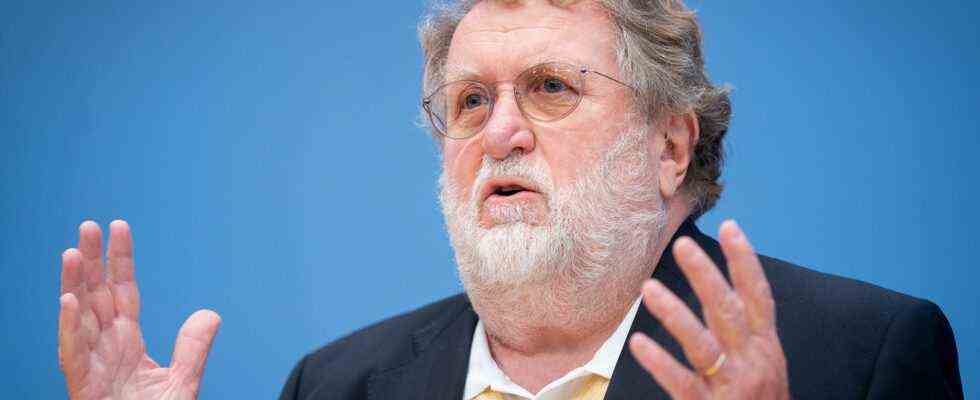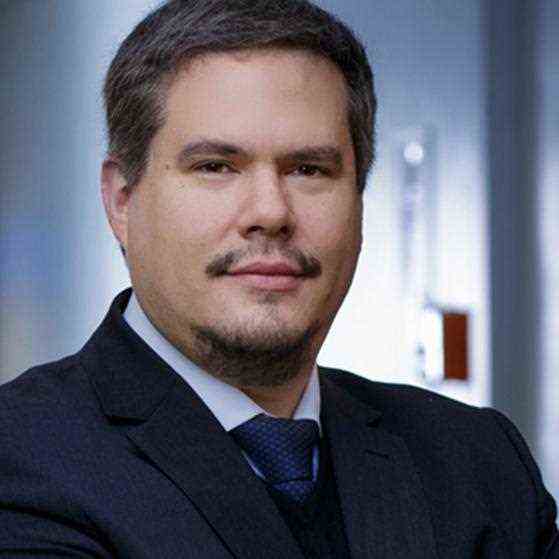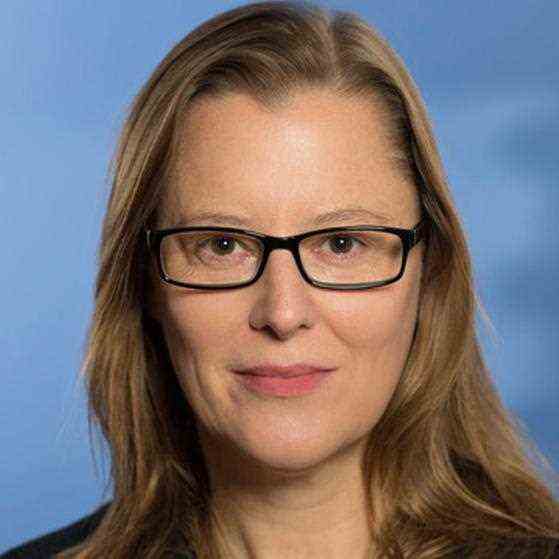Exclusive
Status: 02.12.2021 6:00 a.m.
The criticism of the belated booster vaccination in the middle of the fourth corona wave is growing. in the ARD politics magazine Panorama the STIKO chairman Mertens admits for the first time omissions – and complains about scarce resources.
The chairman of the Standing Vaccination Commission (STIKO), the emeritus Virologist Thomas Mertens from Ulm, spoke to the ARD politics magazine Panorama acknowledged for the first time that certain Commission decisions “from today’s perspective” were taken too late. According to Mertens, “it would probably have been cheaper to start boosting earlier”.
Mertens explained why STIKO took so long to make its decision in panorama thus, “that we first define which data we need in order to be able to come to a recommendation. And when that is determined, then this data must be collected and worked out. And when this data is available, then the STIKO begins to collect this data to discuss.”
Israeli expert criticizes STIKO
The former head of the Israeli vaccination program, Ronnie Gamzu, appears opposite panorama Shocked by the slowness of the German colleagues: “That was simply totally wrong. We had clear evidence, we have the data. There was no scientific basis to say that booster vaccinations only benefit those over 65 or over 70 . We have seen that the number of antibodies is also falling in 40-year-olds. What kind of evidence do you still need? “
Mertens replied that the “Israeli data and evidence had to be processed first”. “A comparison with Israel is not possible on many points,” said Mertens. The evidence in another country is simply not easily transferable. For the Israeli Gamzu incomprehensible: Germany missed the unique opportunity to look into the future on the basis of the Israeli data. These had made it clear what was actually happening in Germany three months later.
STIKO decisions are not of a purely scientific nature
In an interview with panorama Mertens also stressed that it was not the job of the STIKO to organize the “implementation of the vaccination” or to decide “how the vaccines are procured, how the vaccines are distributed. These are all things that do not affect the STIKO at all”.
At the same time, however, he admitted that precisely such factors have an influence on the STIKO: “You can see that in the question of the recommendation of people over 70,” said Mertens. “Since it was not foreseeable that we would be able to vaccinate our population as quickly as in Israel, the first thing to do in any case was to protect those people who are also at high risk of serious illness. And that was the main reason for this recommendation. “
According to this, however, the STIKO did not decide in favor of the over 70-year-olds based on the pure data situation, but also because of the poor German vaccination infrastructure. This has even been further reduced in the past few months due to the nationwide closure of the vaccination centers – without the commission publicly protesting against it.
Mertens criticizes equipment
The essentially voluntary STIKO was in places left alone by politicians: “In the situation of a pandemic, one could certainly have used better staffing levels,” criticized the STIKO chairman. “For the special situation at the moment, there would have to be more staff, especially from different areas – epidemiologists, modelers, that is, specialists who can deal with mathematical models. Even larger, better equipment would certainly be helpful.”
Ministry points to traffic light
At the federal press conference, Federal Minister of Health Jens Spahn was unsuspecting: “What? Mertens never told me that. I’ll call him right away and get the check ready.” A late admission that almost seems like a bad joke.
Upon request from panorama replies a spokesman for the Ministry of Health: “Federal Minister Spahn is in regular contact with the chairman of the STIKO, as announced last Friday. The discussions are confidential. But assume that the topic you mentioned has also been addressed. About future ones Budget issues are decided by the federal government that is being formed. “
General practitioners also criticize STIKO
The criticism of the STIKO had become louder and louder in the last few weeks: GPs had criticized the committee for their late decisions and poor communication, among other things. The Ulm family doctor Christian Kröner, who has become known as “Impfluencer”, explains in panorama: “For example, in June we vaccinated children between the ages of 12 and 17 because the vaccine had been tested and approved in this age group. But there was still no STIKO recommendation. The vaccination is legally completely correct.”
But not everyone knew this: “I think this misunderstanding comes from many medical colleagues simply from the fact that vaccinations are only reimbursed by the health insurance companies if the STIKO recommendation is there in the case the cost bearer is simply the federal government and not the health insurances. And that sometimes leads to a lot of confusion even among medical colleagues. “
Late decisions in a row
Since the beginning of the year, it had taken the STIKO longer than others to make decisions about the pandemic: the commission did not recommend vaccinating pregnant women until September 10, while the USA and Israel had been urging them to do so since July 2021. The Hamburg University Clinic Eppendorf had already advised urgently to vaccinate pregnant women on May 3, because pregnant women have a much higher risk of a severe corona course.
The STIKO also took its time when it came to recommending vaccinations for young people between the ages of 12 and 17. The timely vaccination could have prevented further lockdowns of schools. For family doctor Kröner completely incomprehensible: “In my opinion, the STIKO should have switched to pandemic mode more quickly, which it has not done until today.”



